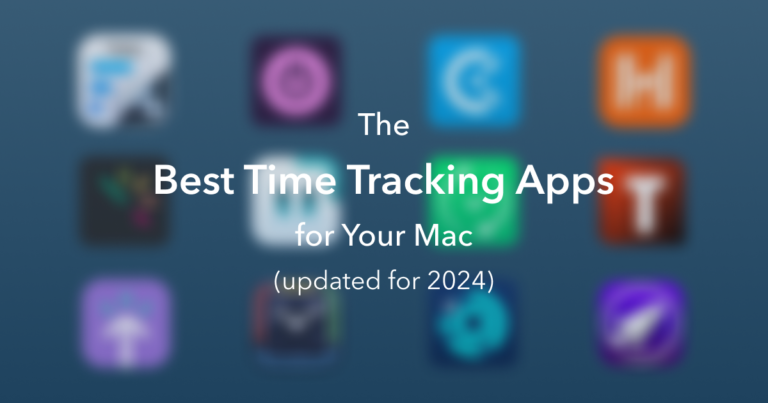5 best city-building games for urban planning
Last Updated on June 2, 2024 by Jhonni Jets
City-building games allow players to design and develop virtual cities from the ground up. In addition to being very entertaining, the best city-building games can also help teach real-world principles of urban planning and civic management. This article will explore 5 top city-building games and analyze what each one can offer to someone interested in learning about planning cities and communities.
SimCity (2013)
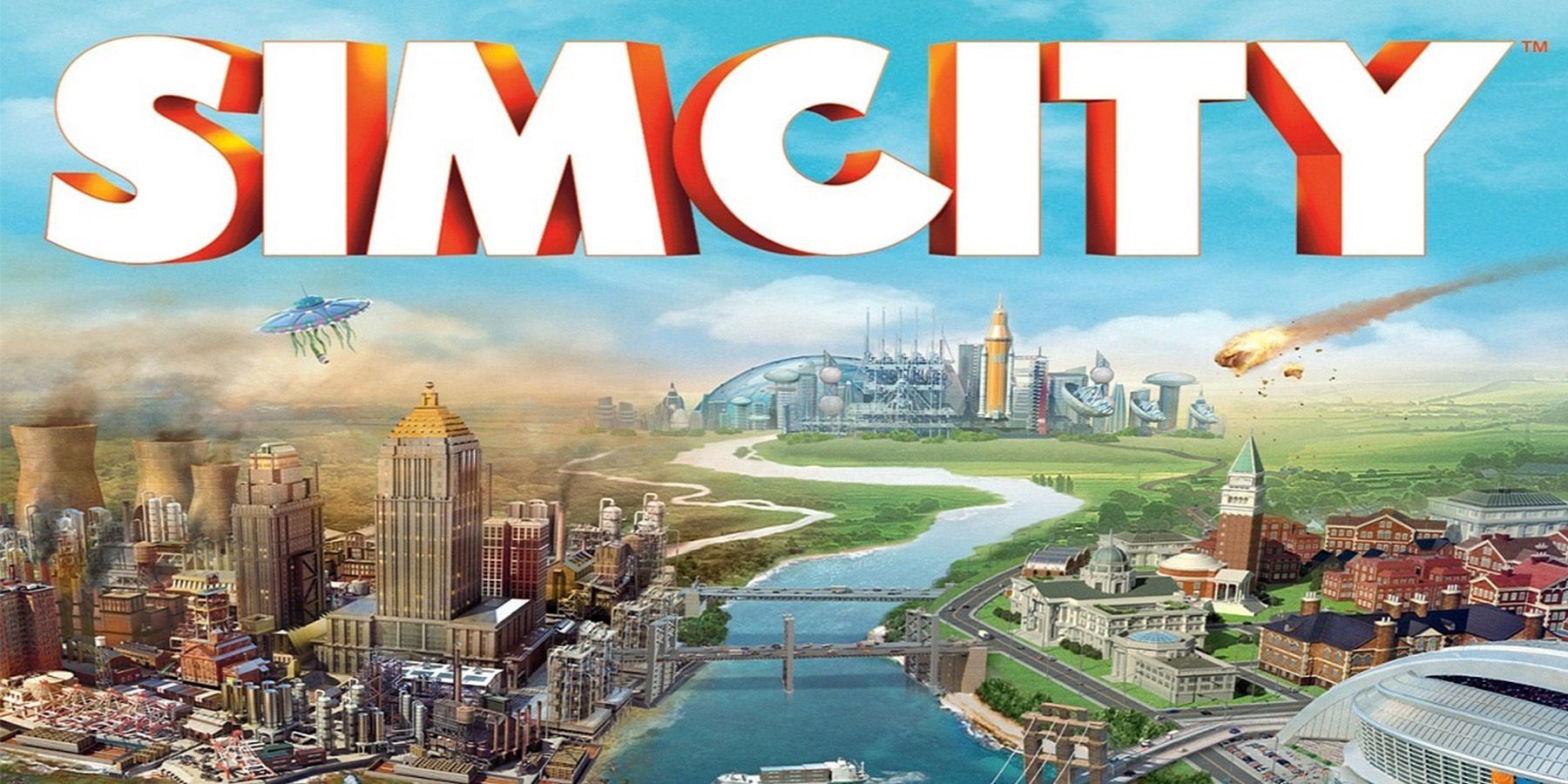
As one of the original and most influential city-building games, SimCity remains highly relevant today. The 2013 edition brings the classic city simulation into the modern era with updated 3D graphics and multiplayer/sharing capabilities. Players take on the role of Mayor to zone land, build transportation networks, manage utilities and public services, balance budgets, and respond to disasters or crises.
SimCity excels at simulating the interconnected systems that make up a functioning metropolis. Decisions in one area, like upgrading roads or enlarging a water plant, have rippling effects elsewhere. Players learn about the challenges of balancing development, taxes, employment, traffic, pollution, and more. Resources are limited, so efficient planning and forward-thinking policies are crucial to a thriving simulated city.
The game also illustrates how cities depend on surrounding regions through import/export and commuters. Multiplayer towns can trade resources and work together on shared projects. For anyone wanting to get a feel for the multi-faceted nature of modern urban management, SimCity remains one of the top introductions.
Cities: Skylines
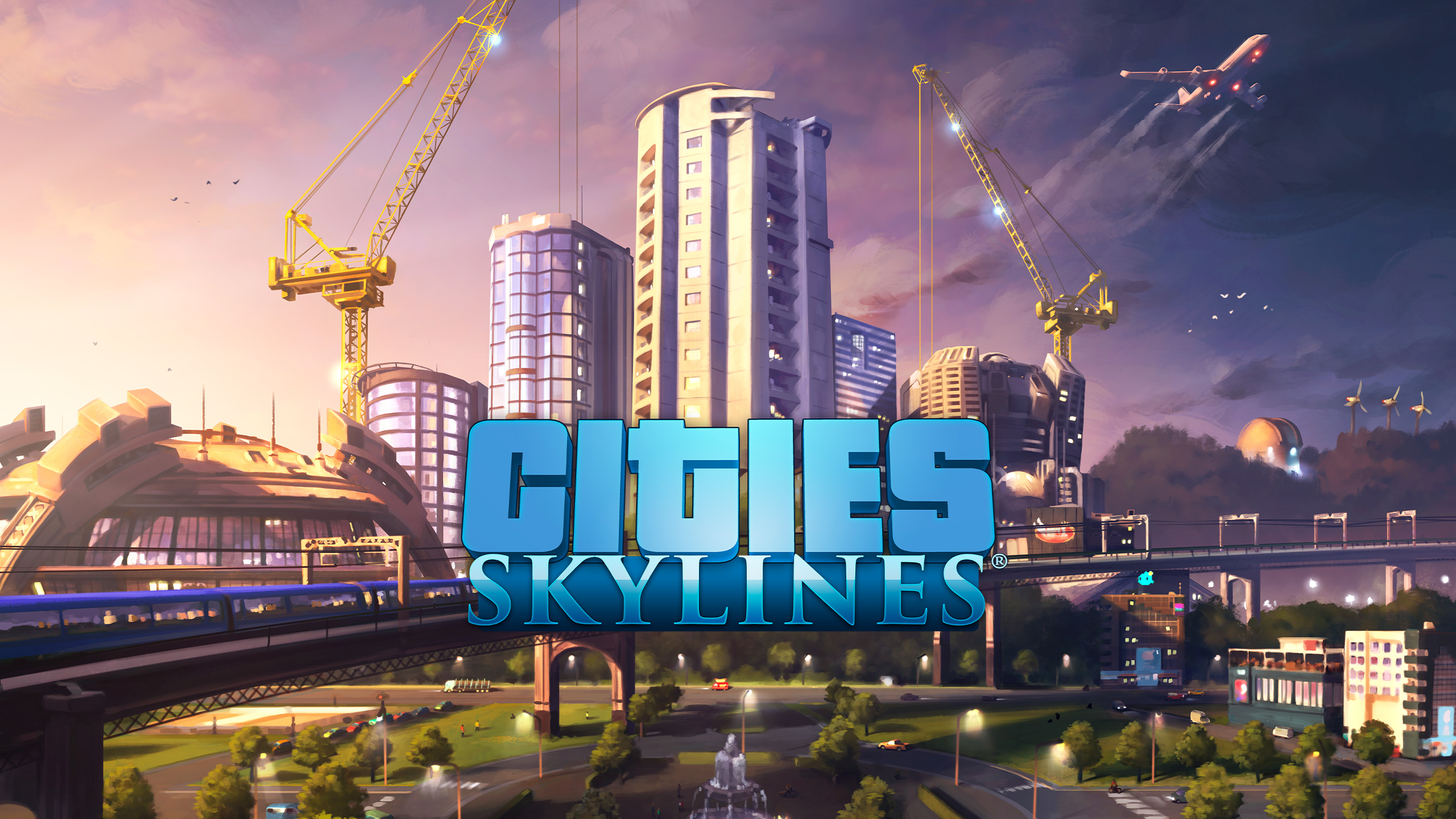
As a more recent successor to the classic SimCity games, Cities: Skylines has become one of the most popular and highly-rated city-builders available. The colorful 3D graphics bring simulated cities to life in a pleasingly realistic yet still game-like visual style.
One advantage Cities: Skylines has over its predecessors is the sheer scope and scale players can achieve. Megalopolises spanning tens or hundreds of square miles with populations in the hundreds of thousands are entirely possible through extensive city expansion and zoning. Detailed transportation simulations model road hierarchies, public transit networks, ports, and international airport gameplay.
Creativity is also emphasized, with uniquely designed residential, commercial, and industrial buildings emerging organically based on zoning types. Modding support has further expanded building and customization options to an almost endless degree. Overall, Cities: Skylines affords a level of freedom and experimentation that few other city-builders can match for simulating truly massive metropolitan regions.
Minecraft
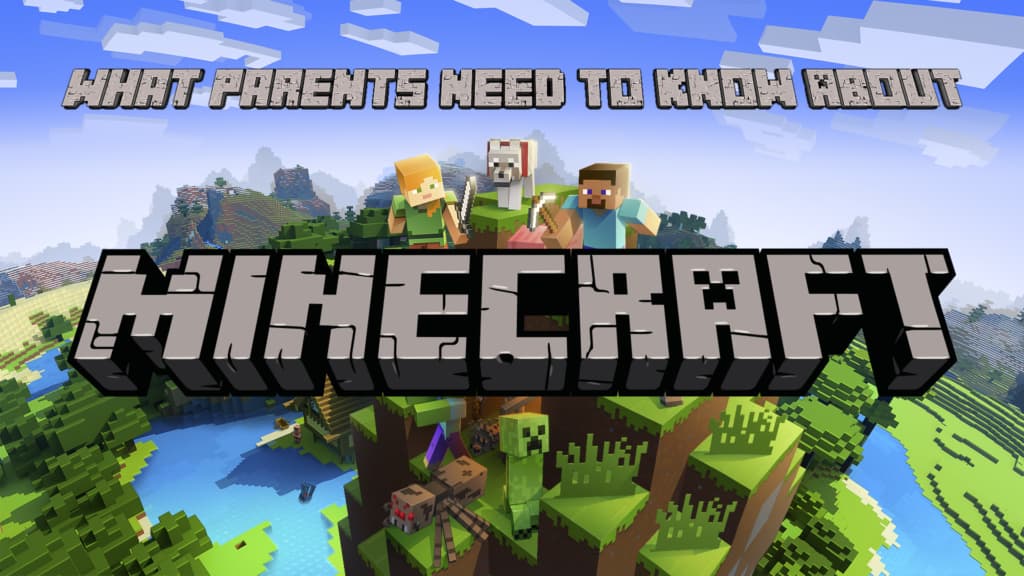
While not technically a dedicated city-building title, the immense creativity afforded by Minecraft’s block-based sandbox world makes it ideal for aspiring urban planners. Players can freely construct any imaginable structures and landscapes without constraints. Sprawling metropolitan settlements with unique architectural styles, transportation, green space and more are entirely possible.
Multiplayer realms encourage collaborations between citizens with specialized construction roles, similar to real-world stakeholders. Roads, subway lines, bridges and aerial pathways allow expansive transit systems to emerge organically. District zoning occurs through semi-structured community development rather than rigid game systems.
Most importantly, persistent worlds mean designs can evolve indefinitely through additions, modifications and experimentation without concern for “winning” or failing as in other titles. For fostering outside-the-box thinking and nearly limitless experimentation, Minecraft offers city planners a remarkably open-ended digital canvas.
Cities XXL
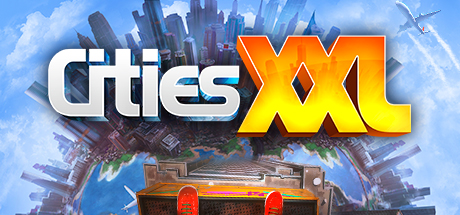
For SimCity fans seeking a classic experience on modern systems, Cities XXL delivers an updated take on the franchise’s early 3D iterations from the 2000s. Vibrant European cityscapes span scenic rolling hills and rivers.
Zoning occurs through paintable land designation rather than rigid plots. Sectors and self-regulating economic bubbles emerge when specializations overlap. Over 160 unique buildings reflect the title’s focus on European building styles.
Simplified yet robust transportation options like train lines, harbors and regional airports connect expanding metros. Disasters test city resilience through fires, smog clouds and blackouts. Multiplayer cooperation and competition add lasting incentive. Overall, Cities XXL evokes nostalgia while improving dated 3D graphics.
Tropico 6

A humorous take on the city builder, Tropico casts players as the ruler of a tropical banana republic. Beyond layout and growth, intricate politics must be balanced to keep unrest from boiling over. Citizens have fully-developed personalities and needs that shift with era progression.
Unique challenges like withstanding coups, embargoes and natural disasters force creative problem-solving. Limited land shapes optimally compact urban planning, echoing challenges of real Caribbean and island nations. Diplomacy with world superpowers unlocks new buildings and tech trees.
Managing edicts, factions, foreign relations and constitutional reforms immerses in the richness of nation-state governance. For learning about how political systems intertwine with municipal functions, Tropico takes a refreshingly nuanced approach unmatched in other city-builders.
Conclusion
Whether seeking nostalgia or cutting-edge realism, there are many excellent city-building games that can aid with learning principles of urban planning. While simulations necessarily simplify complexity, the best titles authentically model interconnected infrastructure systems and long-term impacts of policy decisions. Playing different games can also expose planners to styles around the globe.
Beyond single-player modes, multiplayer features in titles like SimCity and Minecraft let collaboration and social dynamics play a role similar to public participation processes. Overall, digital sandboxes provide a low-risk testing ground for ideas, building intuition and troubleshooting skills transferable to real-world community development.
As simulation technology and city-builder design continues advancing in coming years, these digital tools are sure to become even more valuable aids for urban planning education and practice. Games with open modding will also sustain engagement through constant updates and mods. But for now, any of the 10 highlighted herein already offer comprehensive interactive lessons in designing and managing living, breathing virtual cities.







